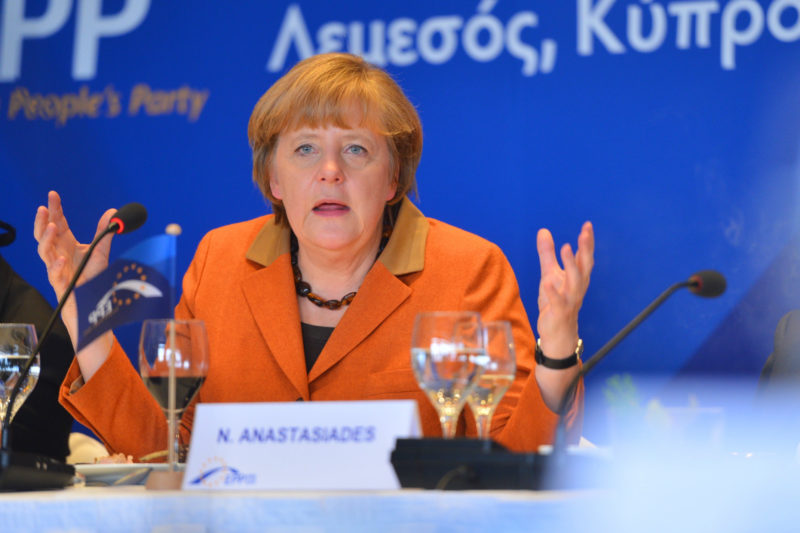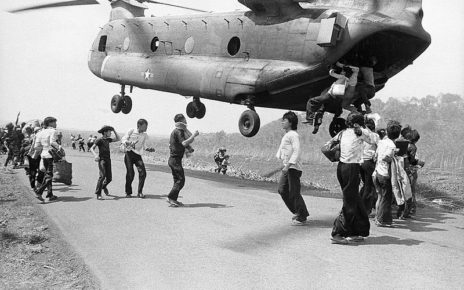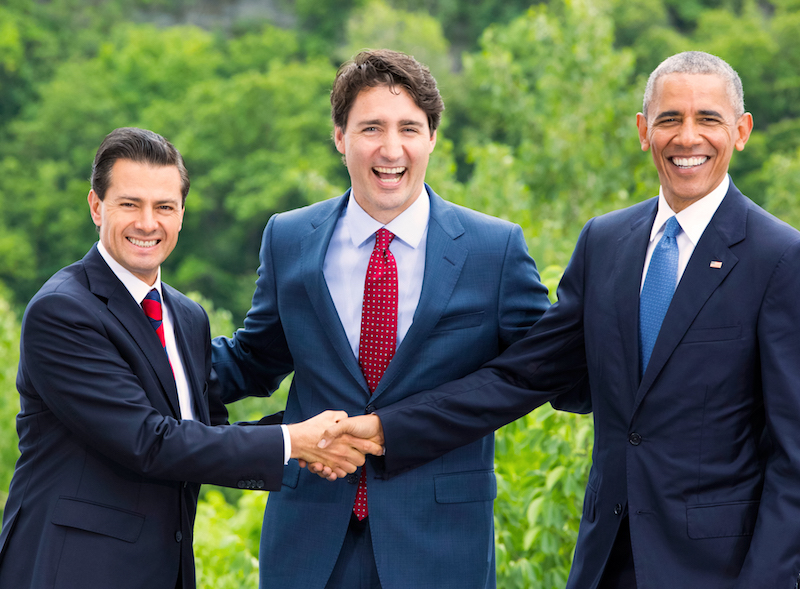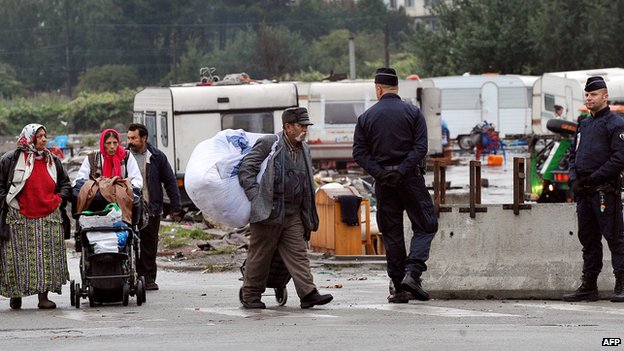Bautzen is one of the many quaint towns in the East German state of Saxony. Colourful medieval buildings are connected on intricate networks of picturesque cobblestone streets, while beautiful church steeples and castle towers dot the sky. In what should be a lovely town, an ugly episode of sectarian violence between some of its inhabitants and newly-arrived refugees occurred. About 85 far-right extremists and 20 migrants clashed this past weekend, prompting the municipal authority to institute new curfew rules.
It is an example of the growing racial strife in a country that just a few months earlier had finished welcoming over a million migrants. Though many Germans seemingly still support the resettlement of refugees within their home country, there is a growing sense of discontent and fear of social destabilization. Perhaps none are more worried than the current Chancellor Angela Merkel, whose popularity has plummeted, and whose political future seems more uncertain.
This strife is perhaps more pronounced in the eastern states, where Merkel’s own constituency is located. Eastern Germany has usually been fertile ground for far-right movements because it is less-economically developed than the west; this goes back to the legacy of economic stagnation under the German Democratic Republic. In fact, the nationalist, anti-Islam movement PEGIDA (roughly translated as Patriotic Europeans against the Islamization of the Occident) was founded in Dresden, Saxony.
The same cannot be said of Berlin. It is one of Germany’s most dynamic cities, known for its progressive values. It was a shock then when the Alternative for Germany (AFD), a populist party considered far-right by many, secured close to 14% of the vote in the most recent state elections. Despite being the capital city, Berlin holds its own state elections for its parliament (Abgeordnetenhaus). They are held every 5 years and follow the proportional representation model. Moreover, each party must gain at least 5% of the vote to be allowed representation. Due to the number of parties involved, it is rare that anyone secures full power; therefore, parties are forced to govern in coalitions. Prior to this election, the Berlin parliament was controlled by a coalition between the the centre-left Social Democrats (SPD) and Angela Merkel’s centre-right Christian Democrats (CDU).
Berlin has traditionally been a stronghold for the SPD and this was indeed the result; the party gained 21.3% of the vote, down about 7% from 2011. For the first time since World War II however, Merkel’s CDU will not be part of the governing coalition as it only gained about 17.6% of the vote, which was down from 23.4% in 2011. Müller, current mayor of Berlin and leader of the SPD, said he will likely not form a coalition with the CDU, but rather with Die Linke (The Left) and the Green party.
Merkel admitted that her party’s performance in recent elections, but especially in Berlin, was influenced by how the government handled the migrant crisis. It is still too early, however, to definitively say whether the AFD will have a substantial impact on the way in which Germany sees its humanitarian obligations. At the same time, the fact that the AFD received close to 14% of the vote, the largest for any far-right party since the end of World War II, in one of the most cosmopolitan and economically-important cities in the world is a warning sign for Merkel. There were four state elections in Germany this past year, and in all elections Merkel’s CDU dropped at least 5% (in the Baden-Wurttemberg state election, her party was down as much as 12%).
This does not signal an end to Germany’s progressive refugee resettlement policy. In fact, the new left-wing coalition in Berlin would likely be more welcoming toward both immigrants and refugees. Nonetheless, the political status-quo will definitely be upset. The AFD had done well in rural areas, but now it has established a base in the city’s parliament with about 25 newly-elected members.
The rise of the AFD can be seen as a growing rejection of Germany’s open-door policy, which coincides with an increasing disenchantment with the current political establishment. It goes to show how immigration and refugee resettlement are government policies that should be openly discussed. It also raises an important question: how can politicians balance humanitarian obligations while respecting the wishes of their own constituents?
Photo: Angela Merkel (2013), by European People’s Party via Flickr.com. Licensed under CC BY 2.0 (Some rights reserved).
Disclaimer: Any views or opinions expressed in articles are solely those of the authors and do not necessarily represent the views of the NATO Association of Canada.




